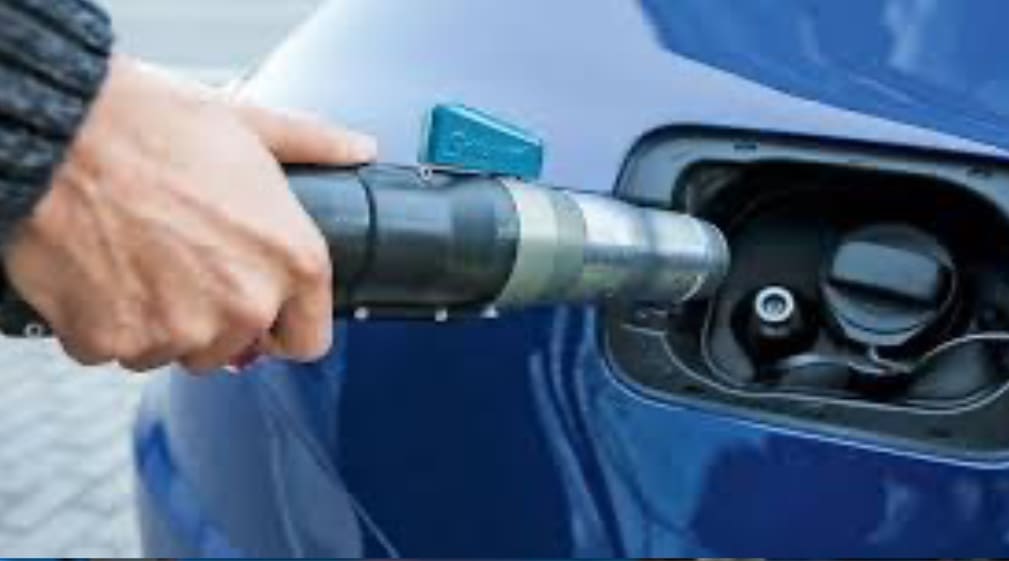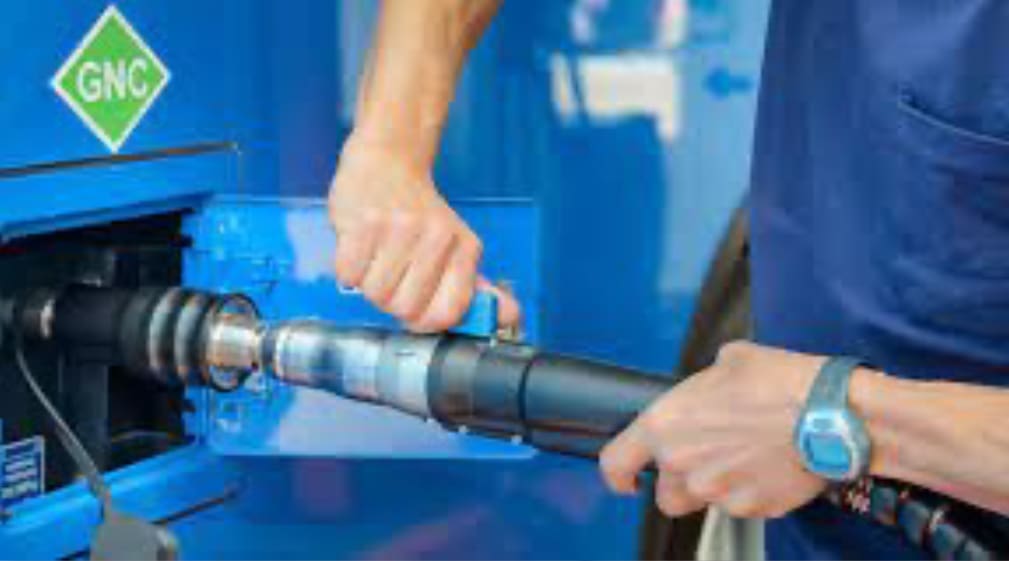More About Us
PNEUMATICS
Pneumatics is a branch of engineering that deals with the study and application of pressurized air to perform mechanical work. Pneumatics has a rich history dating back many years and at present shows no sign of slowing down with innovative pneumatic solutions being developed and released on a regular basis. Air Lab’s engineers are migrating proven pneumatic technology to mobility applications.
In a powertrain configuration, a pneumatic motor’s power-to-weight ratio is five to six times higher than an electric motor. In addition, its torque curve is exceptionally well suited for moving a vehicle up an incline without hesitation under any weather and temperature conditions. One of many critical evaluation points to be considered when analyzing powertrain options.
ENVIRONMENT
The high costs of fully replacing fossil fuel vehicles with “zero” emission continues as a high hurdle. Purchase costs, performance and reliability issues plus charging infrastructure concerns has led to postponement or cancellation of important CO2 mitigation policy initiatives not reasonably aligned with market realities. Air Lab’s powertrain technology provides mobility markets with an affordable, reliable and market responsive, non-electric alternative to meet decarbonization and CO2 reduction targets.
CO2 REDUCTION
Depending on fuel type, highest CO2 reduction is achieved by using renewable natural gas (RNG) as a fuel, delivering a 96.2% CO2 reduction compared to diesel. Other fuels deliver lower CO2 abatement metrics as indicated.

Compressed Renewable Natural Gas (RNG)
fuel reduces CO2 by 96.2%3

Compressed Natural Gas (CNG) fuel
reduces CO2 by 55%2

Diesel fuel reduces CO2 by 39%1
1. Analysis of a newly developed hybrid pneumatic powertrain configuration for transit bus applications. Ali Erdogan Karaca, Ibrahim Dincer, Michael Nitefor, Energy Journal
2. A hybrid compressed natural gas-pneumatic system as a powering option for buses: A comparative assessment. Ali Erdogan Karaca, Ibrahim Dincer, Energy Journal
3. A unique biomass based integrated energy system for cleaner production of multiple energy outputs for sustainable communities Ali Erdogan Karaca, Ibrahim Dincer, Michael Nitefor. Sustainable Cities and Society Journal
LEADERSHIP
Michael Nitefor, founder of Air Lab, Inc., works with his team and outside partners to advance business and policy objectives of interested parties enabling their mandates and missions. Michael’s focus spans investment, manufacturing, environmental, energy, compliance and economic development domains offering a practical, affordable and technically simpler decarbonization management solution.

Michael at a recent conference in Toronto.
CORPORATE FOCUS
The singular focus at Air Lab is vehicular CO2 reduction – reliably and cost-effectively. Grounded in thermodynamics, fluid dynamics, mechanical engineering, telematics and Newton’s second law of motion, Air Lab delivers on its mission to design, optimize, test and deliver integrated hybrid pneumatic powertrain technology solutions into a range of vehicles – light-duty vehicles, last mile urban delivery vans, urban transit and school buses.
TECHNOLOGY PARTNERSHIPS
Air Lab partners with leading tech companies, research institutions and suppliers to advance vehicular hybrid technologies, related material sciences and energy research to bring cutting edge solutions to mobility opportunities and mobility challenges.
ACADEMIC PARTNERSHIPS
Air Lab partners with leading academic institutions to advance technical expertise and encourage inquiry into emerging fields affecting mobility, energy and economic growth issues and challenges.
EV, HYBRID AND BATTERY NEWS HEADLINES
COP29 ENGAGEMENT

Air Lab’s hybrid gas-pneumatic powertrain holds extraordinary decarbonization potential to support developing nations’ efforts in addressing causes and impacts of climate change and their fossil fuel reduction initiatives.
On November 12, 2024, Canada announced the launch of GAIA, an innovative US$1.48 billion blended finance platform that aims to increase the availability of climate finance for high impact climate action projects in up to 25 emerging markets and developing economies.
Canada is on track to fully deliver on its $5.3 billion climate finance commitment by 2026 to help developing countries address climate change.
